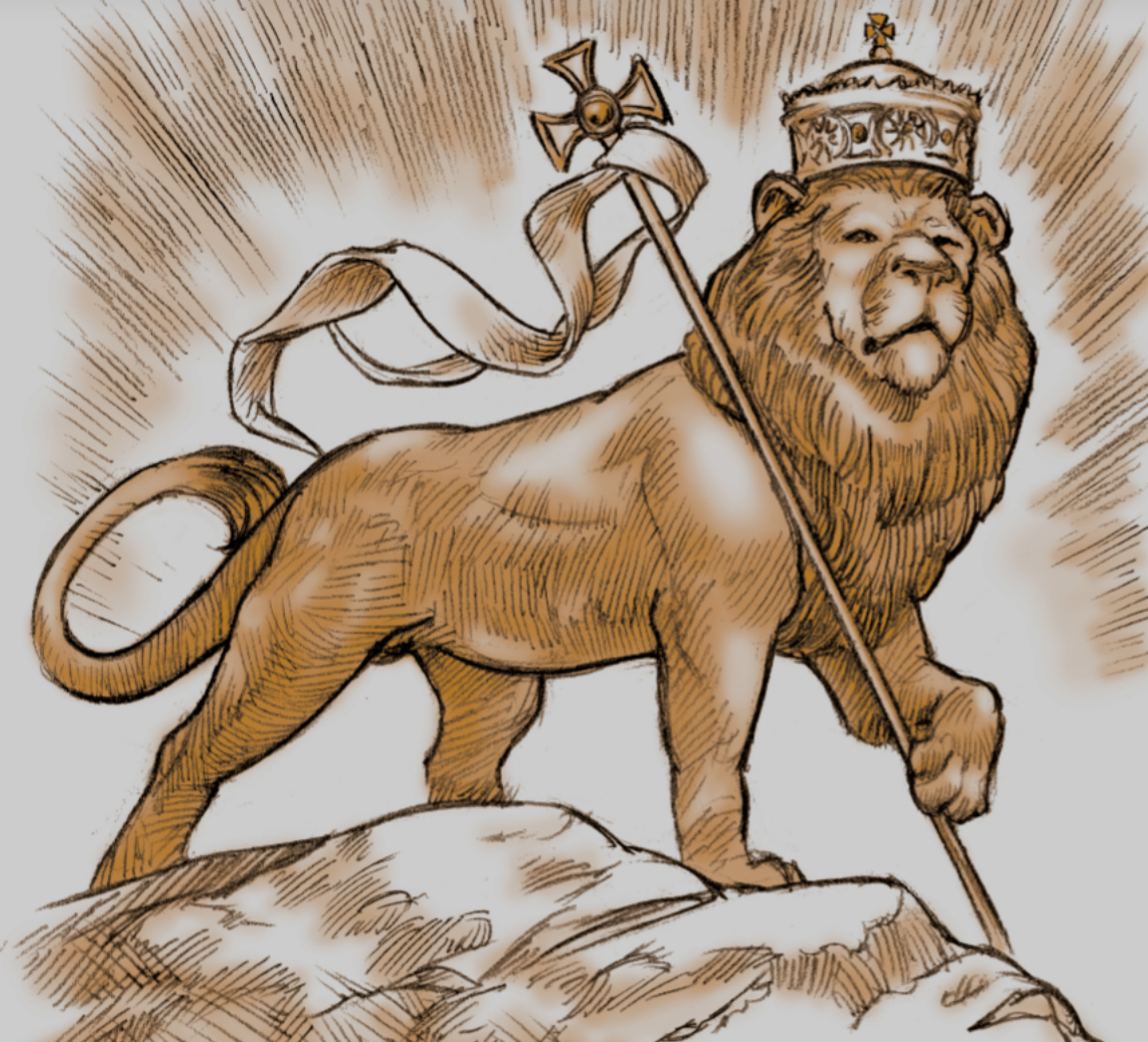Mu mateka y’abizera, hari abagore batangaje.
Ariko Mariya—Mariyamu—atandukanye n’abandi.
Si umugore wihariye gusa: ni umugore utandukanye n’abandi bose, watoranijwe mu buryo budashidikanywaho, wubahwa, kandi wasuwe n’Imana.
Muri Bibiliya, umumarayika aramusuhuza gutya:
« Ndakuramutsa, mutoni w’Imana; Nyagasani ari kumwe nawe. » (Luka 1:28)
Muri Korowani, Imana imubwira aya magambo akomeye iti:
وَاِ ذْ قَا لَتِ الْمَلٰٓئِكَةُ يٰمَرْيَمُ اِنَّ اللّٰهَ اصْطَفٰٮكِ وَطَهَّرَكِ وَا صْطَفٰٮكِ عَلٰى نِسَآءِ الْعٰلَمِيْنَ
“(Ibuka) igihe abamarayika bavugaga bati: ‘Yewe Mariya, rwose Allah yagutoye araguhumanura kandi aguhitamo hejuru y’abagore b’isi.’” (QS. Al-‘Imran 3: Umurongo wa 42)
Imigenzo ibiri, n’Ibyanditswe bibiri; Ariko Ukuri ni kumwe: Mariya yaratoranijwe.
Ukuba arengeye abandi bagore bose ntibishingiye ku gitangaza kiri muri we, ahubwo bishingiye ku kwizera yakiranye ico igitangaza.
Ntabwo yumvise byose, ariko yarumviye aravuga yego.
Nta n’ubwo yasobanukiwe, ariko yarizeye.
Igihe marayika yamusuraga, Mariya yaramushubije gusa ati:
« Ndi umuja wa Nyagasani; byose bimbeho nk’uko ubivuze. » (Luka 1:38)
Kandi Korowani imusobanura mu buryo bumwe na Bibiliya:
وَمَرْيَمَ ابْنَتَ عِمْرٰنَ الَّتِيْۤ اَحْصَنَتْ فَرْجَهَا فَنَفَخْنَا فِيْهِ مِنْ رُّوْحِنَا وَصَدَّقَتْ بِكَلَبٰتِ وَكَا نَتْ مِنَ الْقٰنِتِيْنَ
« Yizeraga amagambo y’Umwami we kandi yari umwe mu bayobotse. »
(QS. At-Tahrîm 66: Umurongo 12)
Ntabwo ari impanuka ko Isura yose yitwa izina rye — Mariyamu — kandi ko izina rye rigaragara kenshi muri Korowani kuruta muri Bibiliya: inkuru ye ni ubuhamya rusange.
Mariya yihanganiye urujijo, gucirwa urubanza n’abandi, kwigunga, n’ububabare.
Yabyaye wenyine, kure y’umuryango we, ariko Imana iramushyigikira (Korowani, Sura 19:22-26).
Yabonye Umwana we yanzwe, atasobanuwe neza, abambwa nk’uko Bibiliya ibivuga…
Nyamara, agumana ukwizera gukomeye, nk’umugore wahisemo Imana kuruta ibisobanuro bye.
Mariya ni icyitegererezo kubera ko yemereye Imana gukora ibintu bikomeye muri we.
Atwigisha ko:
• Imana ishobora gutangira muri twe umurimo kandi tutarasobanukirwa.
• Kwizera si ukumenya byose, ahubwo ni ukurekera byose Imana.
• Igitangaza ntigisimbuza kumvira; ni ingororano yacyo.
• Ubuntu bugaragarira mu mutima wicisha bugufi, ntabwo ari mu mbaraga za muntu.
Mariya, umugore utandukanye n’abandi bose, yibutsa abizera muri iki gihe ko:
• Imana ikomeje gusura abayiyegereza.
• Imana ikomeje kuzamura abicisha bugufi.
• Imana ikomeje gukora ibidashoboka.
• Imana ikomeje kwandika inkuru zidasanzwe mu buzima busanzwe.
Inkuru ye ntabwo igamije kumugira ikigirwamana, ahubwo ni ukugira ngo idutere imbaraga zo kwigana ukwizera kwe.
Mu gusoza, Mariya ni umugore utandukanye n’abandi bose
kuko yemereye Imana kumugira
ibyo yari yarateganyije byose.
Umuntu wese utinyuka kwemerera Imana ibyo imusaba, afite ukwizera nk’ukwa Mariya, arashobora, na we, kuba inkuru y’ubuntu bw’Imana.
ISENGESHO:
Mwami, mpa kwicisha bugufi kwa Mariya, kukwiringira kwa Mariya, kukwihebera kwa Mariya.
Kugira ngo nanjye mvuge nti:
« Bimbeho nk’uko ubivuze. »
Kandi ugushaka kwawe kube amahoro yanjye.
Amen.
Intumwa Dr. Jean-Claude SINDAYIGAYA
